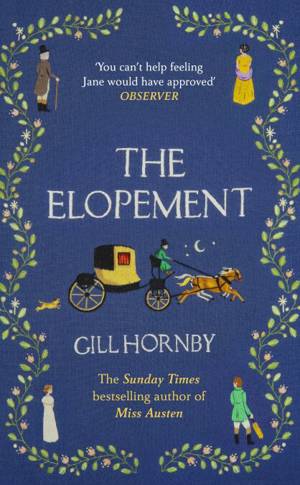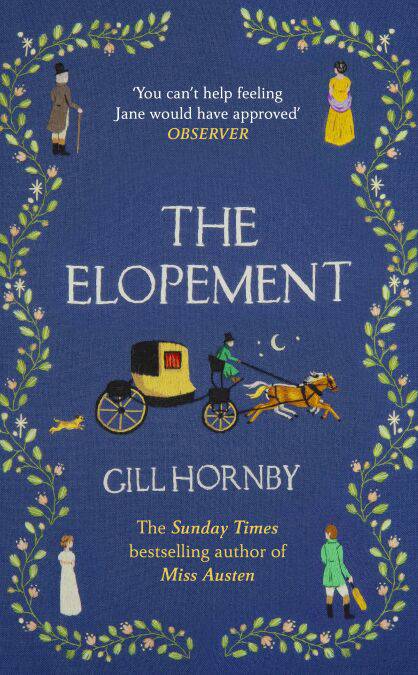
- Retrait gratuit dans votre magasin Club
- 7.000.000 titres dans notre catalogue
- Payer en toute sécurité
- Toujours un magasin près de chez vous
- Retrait gratuit dans votre magasin Club
- 7.000.000 titres dans notre catalogue
- Payer en toute sécurité
- Toujours un magasin près de chez vous
Description
‘It is a truth universally acknowledged that a single man in possession of a good fortune must be in want of a wife.’
1820. Mary Dorothea Knatchbull is living under the sole charge of her widowed father, Sir Edward – a man of strict principles and high Christian values.
But when her father marries Miss Fanny Knight of Godmersham Park, Mary’s life is suddenly changed.
Her new stepmother comes from a large, happy and sociable family and Fanny’s sisters become Mary’s first friends. Her aunt, Miss Cassandra Austen of Chawton, is especially kind. Her brothers are not only amusing, but handsome and charming.
And as Mary Dorothea starts to bloom into a beautiful young woman, she forms an especial bond with one Mr Knight in particular.
Soon, they are deeply in love and determined to marry. They expect no opposition. After all, each is from a good family and has known the other for some years.
It promises to be the most perfect match. Who would want to stand in their way?
____________
Love for Godmersham Park...
'So envious of anyone yet to read this. A triumph!' Nigella Lawson
'A masterly piece of storytelling.' Helena Kelly
'The great writer is brought to life in this clever, well-researched piece of fiction' The Times
'Godmersham Park has some of the same understated wit and sharp observation as Austen's novels' Sunday Times
Spécifications
Parties prenantes
- Auteur(s) :
- Editeur:
Contenu
- Langue:
- Anglais
Caractéristiques
- EAN:
- 9781804942819
- Date de parution :
- 21-05-25
- Format:
- Ebook
- Protection digitale:
- Adobe DRM
- Format numérique:
- ePub







